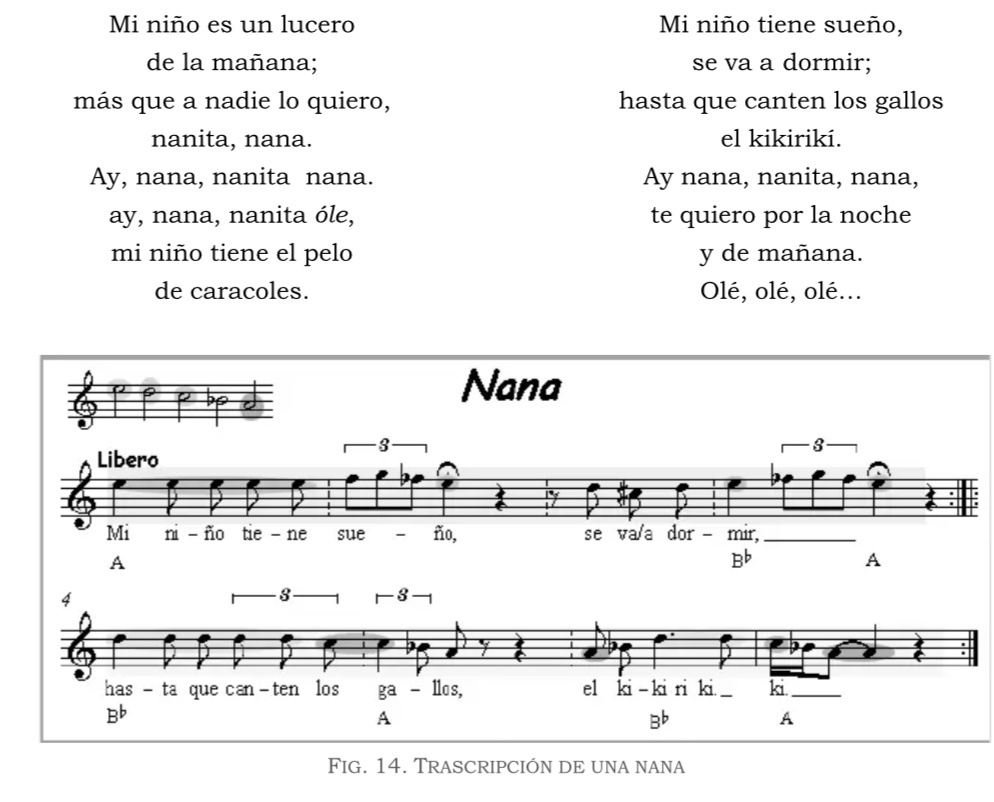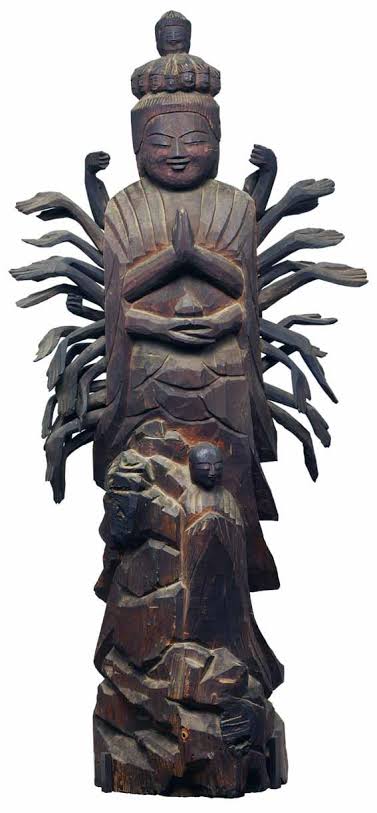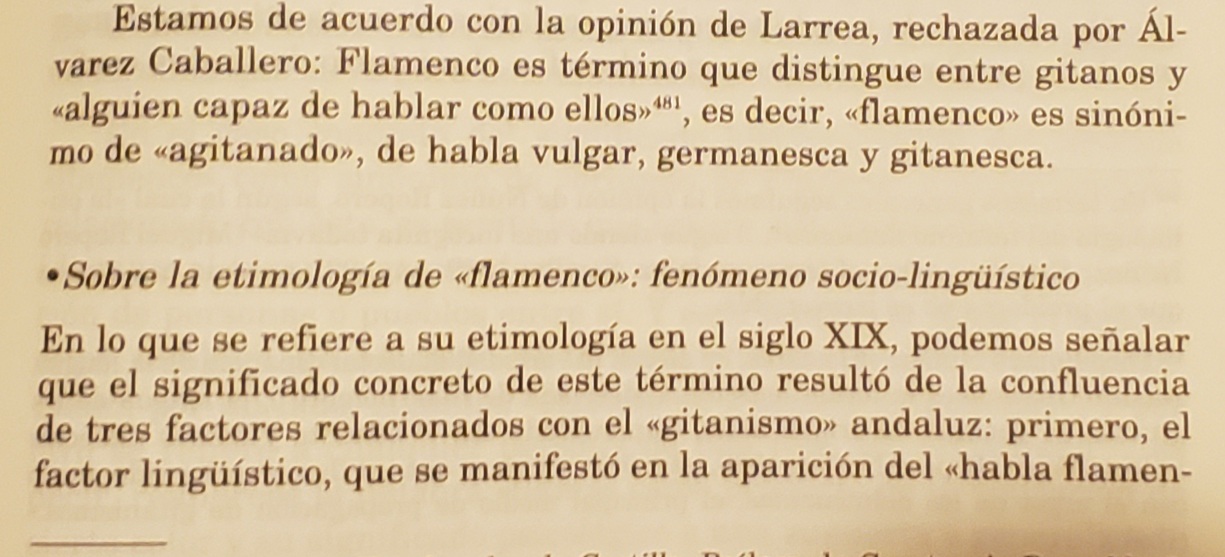|
Ricardo -> RE: Can a white man play the blues? (May 5 2021 13:42:52)
|
quote:
Estebanana: the foro can be a great virtual space at times but there is a lot of bullying, and a lot of passive-agressive anti-intellectualism (as if scholars couldn't be practitioners, or practitioners couldn't be scholars). Reminds me of what happened to Nuñez on Facebook.
I admit I have been guilty of this at times, and I don’t mean to be a “bully” about it, and I certainly would apologize for coming off that way. It has always concerned me that the flamencology mentality often coincided, so it seemed, with novice level of the art. For example, the issue of the origin of the word “flamenco” hardly seems important when folks can’t execute palmas or a decent rasgueado. Also I did fall in, early on in my learning, with the snobby crowd or flamenco dancers and artists that would make fun of some of those guys that talk about “in medieval times....”...it was running joke for years. Now I am much older I actually AM interested in “medieval times” in regards to flamenco stuff [:D]. Another thing...the dancers I worked with had upgraded their material in spain such that there was a big push back, especially in USA, to stay far removed from the Jose Greco era influence of (as PDL said about him in Busqueda) “cliches” of spain and flamenco from the 50s that linger today. It started with costumes, llamadas, and compas, and before I knew it I was being forced reject certain traditional elements in favor of the modern popular trend, whatever it might have been in Madrid in 2000 or so.
Looking back I feel I missed out on a lot of good old school stuff because of those bully dancers, and now I love it. The older the better. I am much more open these days to “scholarly research”, however, I remain fairly unimpressed at what I have read so far. 3000 pages I scanned and it was Kitarist that dug up an actual score that seemed useful [:D]. Flamencology is a field I really really really want to embrace, but like yesterday I was looking for some cante transcriptions and came across this masterpiece. I mean come on man, they need to do better!
[:D]

[:D][:D][:D][:D][:D][:D][:D][:D][:D][:D][:D][:D]
Images are resized automatically to a maximum width of 800px
|
|
|
|




